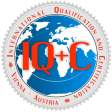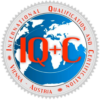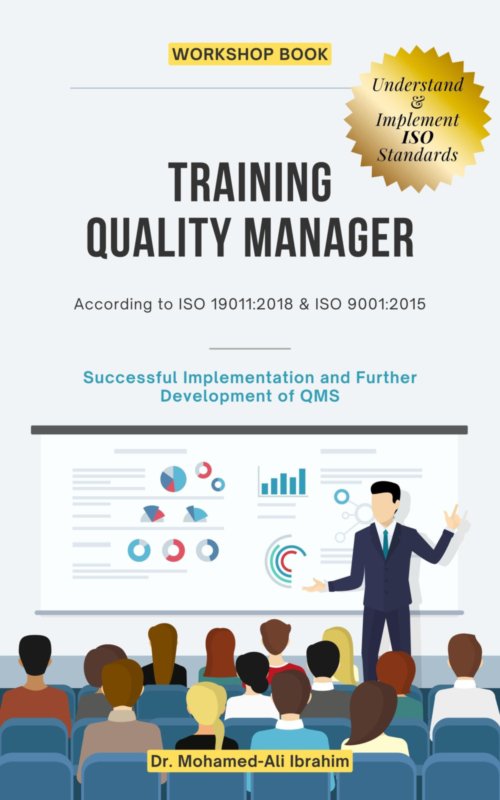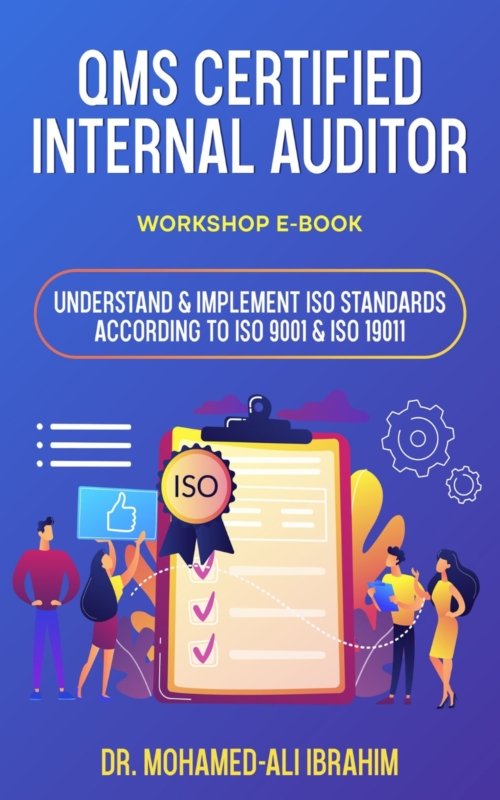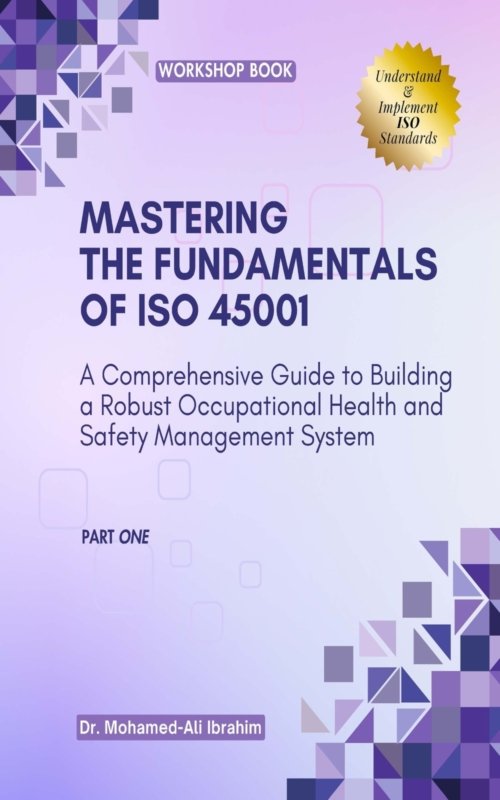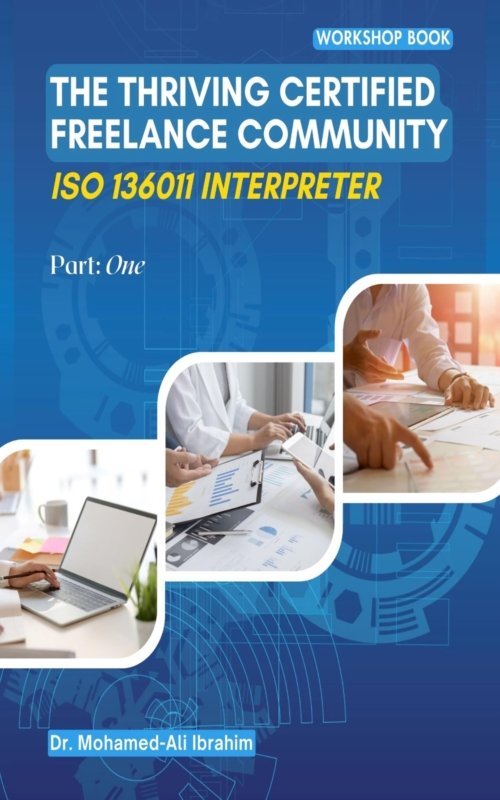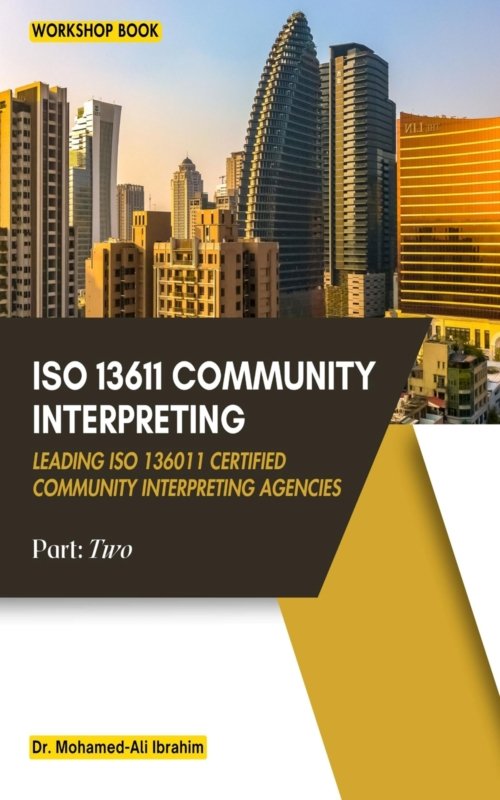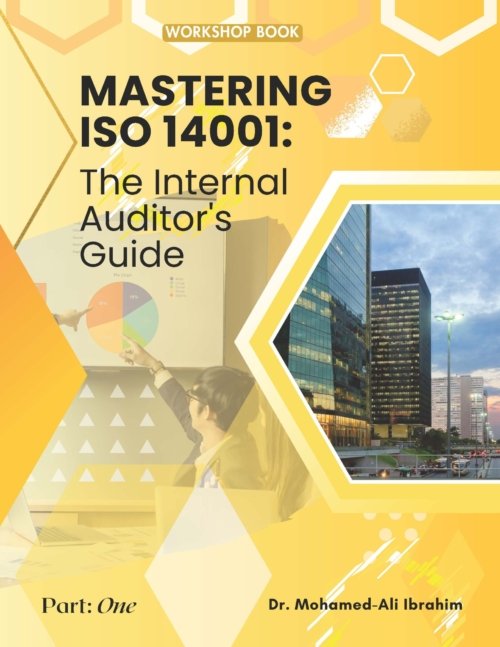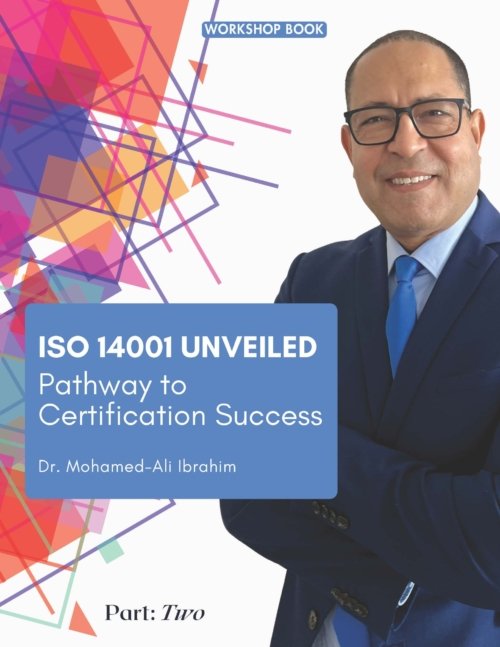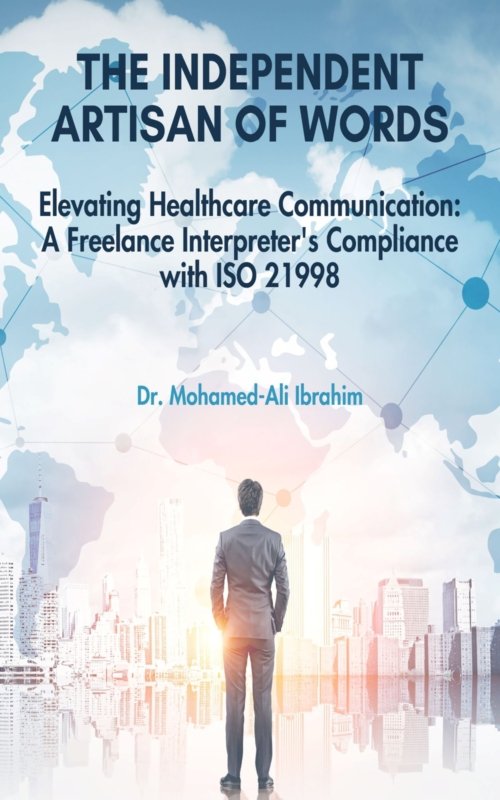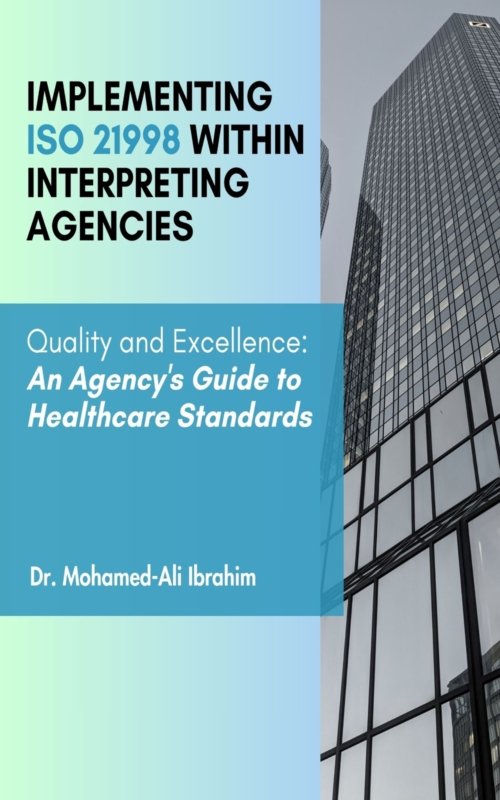Brand New: e-Book
THE THRIVING CERTIFIED FREELANCE COMMUNITY
Who is this book for:
- Community Interpreting Agency Managers and Directors:
Individuals responsible for managing and leading community interpreting agencies, particularly those seeking ISO 13611 certification.
- Language Service Business Owners:
Owners of language service companies, including community interpreting agencies, who wish to improve their agency's operations and achieve ISO 13611 certification.
- Interpreting and Translation Professionals:
Experienced interpreters and translators who aspire to transition into leadership or management roles within community interpreting agencies.
- Professionals in the Language Industry:
Individuals working in various roles within the language industry, such as project managers or quality assurance specialists, seeking to understand the leadership aspects of ISO 13611 certified agencies.
Learning outcomes:
- Establish and manage the operations of a community interpreting agency in compliance with ISO 13611 standards.
- Navigate the legal and ethical responsibilities associated with community interpreting agency management.
- Implement quality assurance measures and maintain compliance with ISO standards.
- Effectively resolve conflicts and handle ethical dilemmas within the agency.
- Ensure data privacy and confidentiality for clients and interpreters.
- Build and nurture strong client relationships to foster agency growth and reputation.
- Develop effective communication strategies with clients, interpreters, and stakeholders.
- Manage and respond to client complaints and feedback to maintain client satisfaction.
- Negotiate contracts and rates with clients while upholding ISO 13611 client-focused requirements.
- Deliver exceptional customer service that aligns with ISO 13611 standards.
- Strategically recruit interpreters who meet ISO 13611 qualifications and agency needs.
- Develop onboarding and orientation programs for new interpreters to ensure compliance with ISO standards.
- Implement ongoing training and skill development programs for interpreters.
- Evaluate interpreter performance and provide feedback for improvement.
- Develop strategies for interpreter retention within the agency
- Efficiently schedule and coordinate assignments, considering ISO 13611 requirements.
- Dispatch interpreters promptly and provide the necessary support.
- Manage emergency situations effectively while maintaining ISO standards.
- Handle logistics and interpreter equipment management to ensure smooth operations.
- Manage billing, invoicing, and payment processing in compliance with ISO 13611.
- Understand the principles and benefits of ISO 13611 certification.
- Prepare the agency for ISO certification, including necessary documentation and procedures.
- Implement ISO standards and continuously improve agency practices.
- Leverage ISO 13611 certification to enhance the agency's reputation and client base.
- Conduct audits to monitor and maintain compliance with ISO standards for community interpreting agencies.
Don't Miss This Opportunity!
